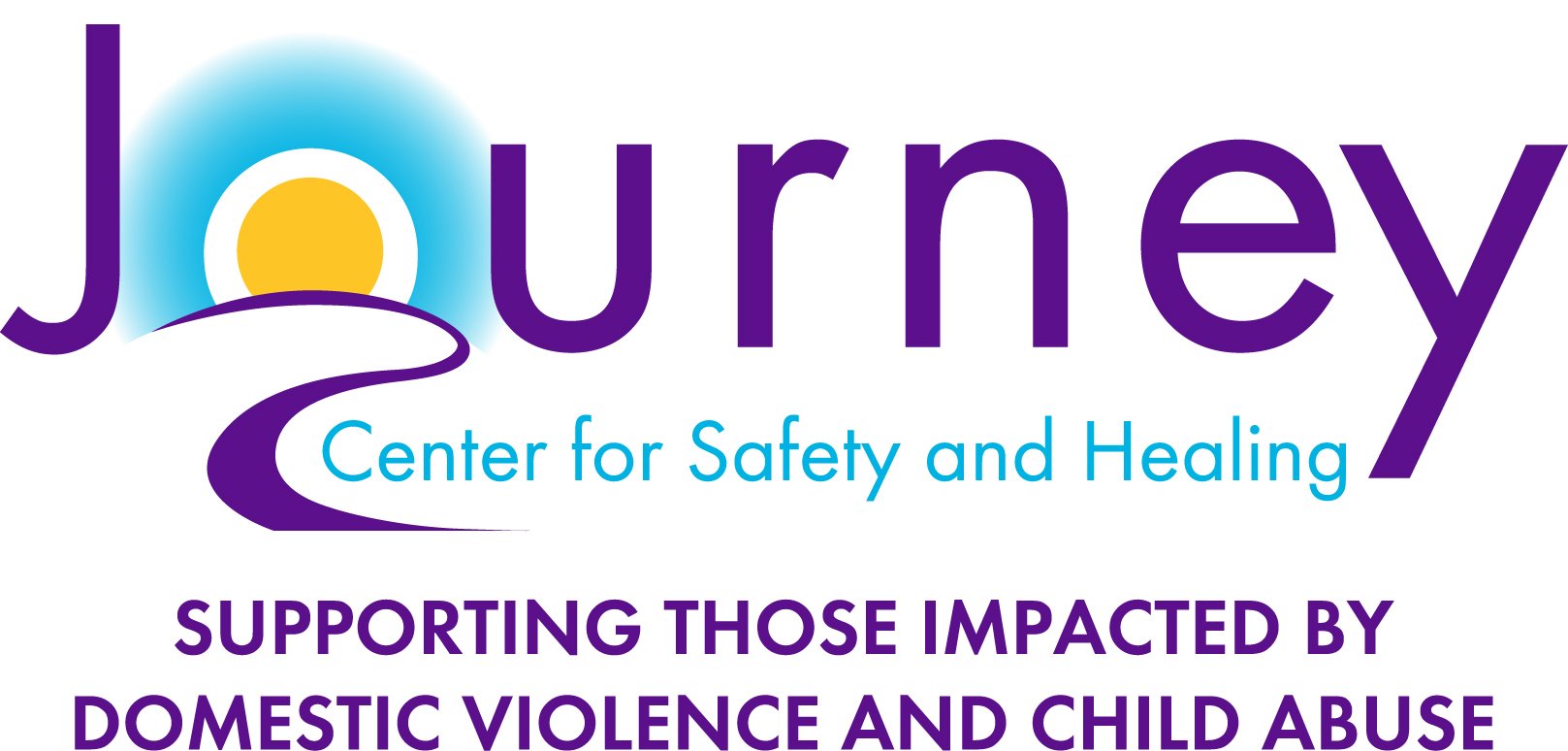Let's Talk: Digital Abuse
February is Teen Dating Violence Awareness Month, and it's an important time to talk about an issue many teens face today: digital abuse. This type of abuse happens when someone misuses technology to bully, harass, stalk, or intimidate their partner.
Here are some examples of what digital abuse can look like:
Social Media Control: When your partner tells you who you can or can’t follow or be friends with online.
Harassing Messages: Receiving negative, insulting, or threatening texts and emails.
Monitoring Your Activities: Using social media or technology to keep tabs on what you're doing.
Public Humiliation: Insulting you in posts or sharing unflattering photos or videos.
Password Pressure: Stealing or pressuring you to give up your passwords.
Constant Contact: Texting you repeatedly or making you feel like you can’t be away from your phone.
Phone Snooping: Looking through your phone without your permission.
Tracking: Using technology to monitor your whereabouts and activities.
If you find that your partner frequently engages in any of the behaviors listed above, it's important to take those red flags seriously. Remember, your boundaries matter! In a healthy relationship, your partner should always respect your boundaries. Everyone deserves to be in a relationship that fosters growth and encourages you, not one that keeps you in fear or anxiety.
Here are a few key points to remember about your rights in a relationship:
Your partner should always respect your personal space and your decisions about what you want or don’t want, to share online.
You should never feel obligated to share passwords with anyone, even someone you trust.
It’s perfectly acceptable to turn off your phone or step back from replying to messages immediately if you need some space.
You should never feel pressured to share explicit photos, videos, or messages. Always prioritize your feelings and comfort levels.
What if This is Happening to You?
If any of this sounds familiar, it’s important to know that you are not alone, and it's not your fault. Here are some steps you can take:
Document Everything: Keep a record of any threatening messages or inappropriate content. This can be useful if you need to seek help later.
Avoid Unwanted Calls: Don’t answer calls from unknown or blocked numbers. This can help put a stop to unwanted invasion.
Privacy is Important: Familiarize yourself with your social media and other devices’ privacy settings to control who sees your content.
Check-In Mindfully: When sharing your location on social media, think about the potential consequences of revealing where you are.
Be Cautious with What You Share: Once something is posted or sent, you lose control over it. Think carefully before sharing personal information.
Talk with Friends: Ask your friends to respect your privacy by asking your permission before posting anything related to you, and be sure you do the same.
Knowing the signs of digital abuse is crucial in today's tech-driven world, and understanding your rights in a relationship is important. Take a moment to reflect on your own relationships - do they empower you or make you feel confined?
If you or someone you know is experiencing digital abuse, it’s essential to reach out for support. Remember, you are not alone. You deserve to feel safe and respected in your relationships, both online and off.
Call or text our 24-Hour Helpline: 216.391.4357 (HELP) or live chat.
